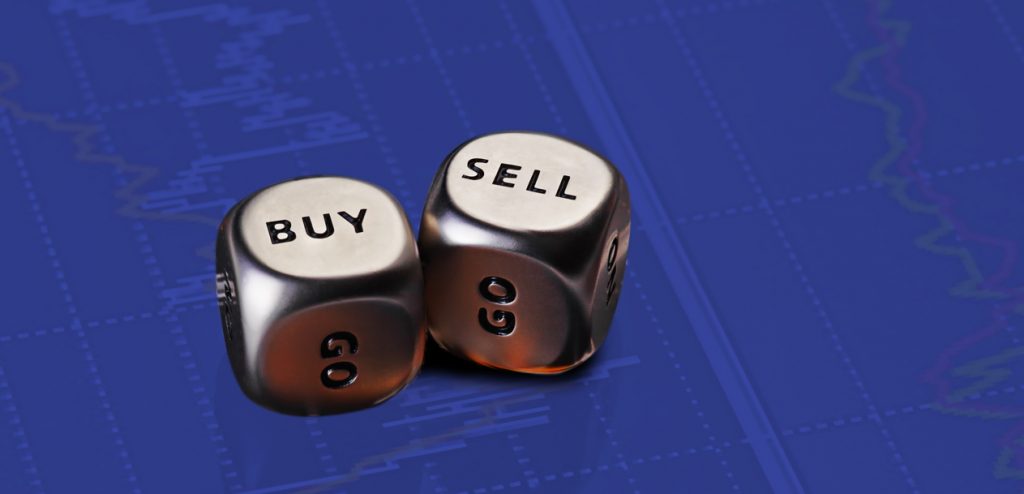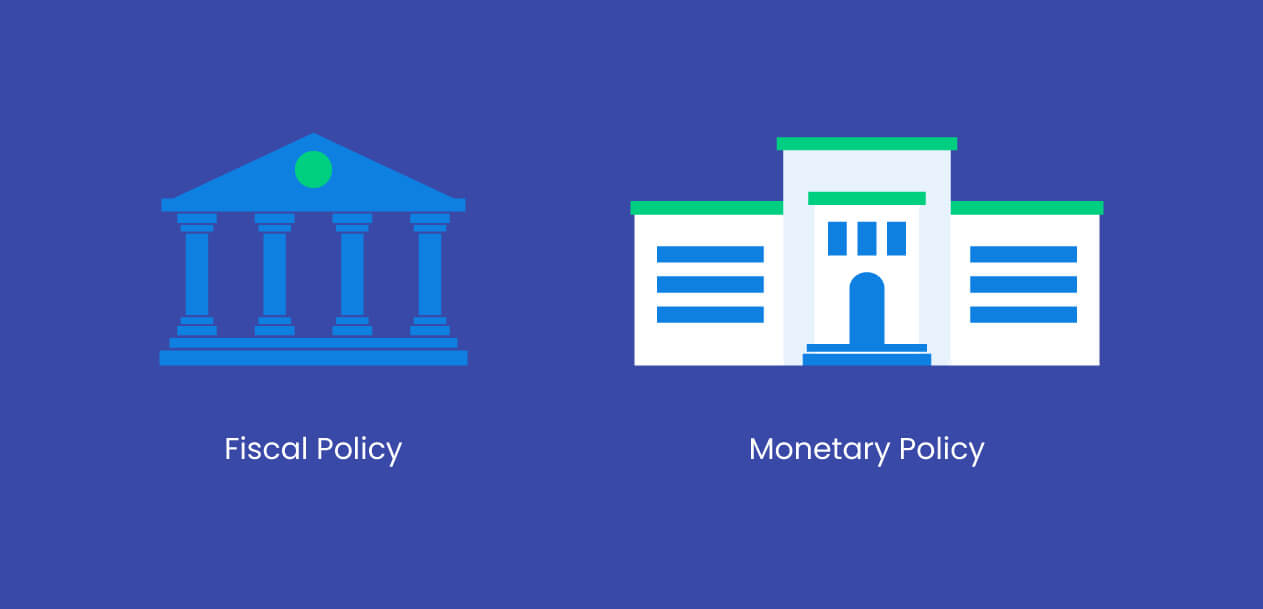Several factors can influence Forex trading, but only a few can have a more drastic impact than how a country decides to spend its money.
At the base level, this can influence how many pips their currency pairs will move. But for major currencies, it can set off a domino effect that can have dire outcomes, even crash an entire market. Fortunately, these changes rarely happen without sufficient warning. And with a little research and attention to the right channels, Forex traders can catch wind of these movements and adjust their trading strategies accordingly.
How fiscal and monetary policies affect Forex
The simplest reason a country’s monetary and fiscal policies can affect Forex so much is this: as the primary source of the currency itself, any policy decisions a state makes will affect the supply and demand of its currency. The currency supply will determine how much of it is available to buy and how likely traders who have it are willing to sell. Add to the mix a central bank’s fiscal and monetary policy actions to control the money supply.
So how does each policy affect the Forex market?
Fiscal policies and Forex trading
A country’s fiscal policy influences how its spending and its taxes help its economy. Since a lot of these changes are domestic and are directly controlled by a country’s legislature, these changes don’t happen quickly. This allows Forex traders time to react correspondingly and adjust their trading strategies.
But how does fiscal policy impact exchange rates?
Remember, governments control economic growth: slow enough to avoid inflation, yet fast enough to avoid a cautionary economy. To do this, it will take steps to encourage the supply and demand for money.
If the government is looking to grow its economy, it will change prices and decrease taxes to incentivise people to spend their money both at home and abroad. This causes their currency to drop in value, as more people are willing to spend. For Forex, that means their currencies are lower in rates. The better a country is doing, the easier it is to buy its currency. Insert the concept of interest rates, and the dynamic suddenly flips: the better a country is doing, the higher the interest rates of its currency grows. This causes the currency to rise in value, even if it isn’t a reality yet.
In a way, you’re hedging your bet that the growth policy of that government will give you a better return on your money.
Monetary policies and Forex trading
In contrast to fiscal policy, monetary policies come from a country’s central bank and usually act independently from the government. While changes from fiscal policies are slower in affecting a country’s currency, central banks have a lot more freedom to implement monetary policy changes faster than the government, albeit on a lesser scale. It becomes crucial for Forex traders to react to any direct steps taken by a central bank, no matter how small they are.
Monetary policy affects Forex trading by directly increasing how much currency is available in circulation. While fiscal policy encourages changes by incentivising how and where people spend their money (which affects interest rates), banks can have a more direct hand by controlling how much of their currencies are available for people to use.
If a central bank decides that there is too much of a currency floating around that may lead to inflation, it can raise interest rates and make borrowing money more expensive. This increase in interest rate also affects Forex, since the currency has higher returns for traders with that currency. On the other hand, if a bank wants to encourage spending, it will lower interest rates to encourage people to borrow and spend. This reduces the actual spending power of the currency itself, which lowers its value. Since there is more of it, there is less incentive for people to buy.
When to buy and sell

As a general rule, you want to buy a currency when a country’s fiscal and monetary policies incentivise imports and spending. The currency will have a weaker value than its opposite pair, which will appreciate in value. On the other hand, if a country’s economy is restrictive and aims to avoid inflation, you want to sell the currency since it has placed a higher value on it than foreign currency.
Weaker economies will often implement fiscal and monetary policies to protect its economy from collapsing, making other currencies appreciate in value. But like all strategies, there are times when this is not always the best way forward. There are occasions where changes in rates and pricing are set off by cautionary predictions that may not come to pass once the changes hit. It’s during these cases where you rely on fundamental analysis to check on a currency pair’s past performance to avoid panic buying or selling.
In the end, your strategy as a Forex trader will make or break your big win.
Disclaimer: All material published on our website is intended for informational purposes only and should not be considered personal advice or recommendation. As margin FX/CFDs are highly leveraged products, your gains and losses are magnified, and you could lose substantially more than your initial deposit. Investing in margin FX/CFDs does not give you any entitlements or rights to the underlying assets (e.g. the right to receive dividend payments). CFDs carry a high risk of investment loss.




